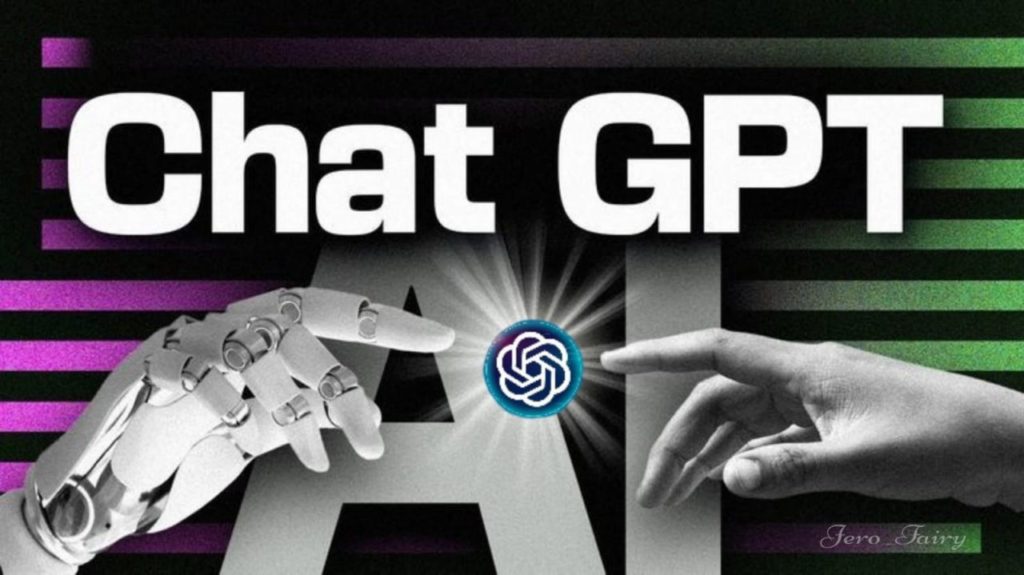|
Getting your Trinity Audio player ready...
|
US regulators have initiated an investigation into OpenAI, an artificial intelligence company, regarding potential risks to consumers arising from its AI chatbot, ChatGPT, generating false information. The Federal Trade Commission (FTC) sent a letter to OpenAI, which is backed by Microsoft, requesting information on how the company addresses risks to people’s reputations. This inquiry reflects the increasing regulatory scrutiny surrounding AI technology.
ChatGPT is capable of generating human-like responses to user queries, providing immediate answers instead of traditional search engine results. Similar AI products are expected to significantly transform the way people access information online. As tech rivals rush to develop their own versions of this technology, debates have arisen around data usage, response accuracy, and concerns over potential violations of authors’ rights during the training process.
The FTC’s letter to OpenAI specifically inquires about the measures the company has taken to address the potential generation of false, misleading, disparaging, or harmful statements about real individuals. The commission is also examining OpenAI’s approach to data privacy and how it obtains and utilizes data to train and inform its AI systems.
OpenAI’s CEO, Sam Altman, stated that the company has devoted years to safety research and spent months making ChatGPT “safer and more aligned” prior to its release. He emphasized that user privacy is protected and the systems are designed to learn about the world, not private individuals. Altman expressed OpenAI’s willingness to cooperate with the FTC and highlighted the company’s commitment to ensuring technology that is safe and pro-consumer while complying with the law.
Altman previously testified before Congress, acknowledging that the technology could contain errors and advocating for regulations in the emerging AI industry. He proposed the establishment of a new agency dedicated to overseeing AI safety. Altman’s statements reflected his belief in the potentially significant impact of AI technology, including its implications for jobs.
The investigation by the FTC, which remains at a preliminary stage, was initially reported by The Washington Post, which also published a copy of the letter. OpenAI and the FTC declined to comment on the matter. The FTC, under the leadership of Chair Lina Khan, has been active in monitoring and regulating tech giants. Khan has been an influential figure in anti-monopoly enforcement and has faced criticism for potentially expanding the boundaries of the FTC’s authority.
During a recent congressional hearing, Khan voiced concerns about ChatGPT’s output, mentioning reports of sensitive information and defamatory statements emerging from the system. The FTC’s investigation into OpenAI is not the company’s first challenge in this regard, as Italy previously banned ChatGPT in April due to privacy concerns. The service was reinstated after implementing age verification tools and providing more comprehensive information about its privacy policy.
The investigation by the FTC into OpenAI’s ChatGPT adds to the company’s previous challenges regarding privacy and regulatory compliance. In April, Italy took the step of banning ChatGPT due to concerns over privacy. The service was later restored after OpenAI implemented measures such as age verification tools and provided more detailed information about its privacy policy.
The FTC’s inquiry reflects the growing recognition of the potential risks associated with AI technology. As AI systems become more sophisticated and capable of generating human-like responses, there is a need to ensure that these systems do not disseminate false or harmful information that could damage individuals’ reputations or deceive the public. The FTC’s investigation aims to determine how OpenAI addresses these risks and how it handles data privacy, which is crucial in the era of increasing data breaches and privacy concerns.
OpenAI’s willingness to cooperate with the FTC and its emphasis on user privacy and safety demonstrate a commitment to responsible AI development. However, as AI technologies continue to advance and become more pervasive, it becomes imperative for both companies and regulators to stay vigilant and establish clear guidelines to address the ethical and legal implications associated with their use.
The case of OpenAI and ChatGPT also highlights the broader challenges faced by regulators in keeping pace with rapidly evolving AI technologies. The complexities surrounding AI require regulatory frameworks that strike a balance between encouraging innovation and ensuring user protection. As AI becomes integrated into various aspects of our lives, it is crucial to establish a comprehensive regulatory framework that addresses issues such as data privacy, algorithmic transparency, and accountability.
The outcome of the FTC’s investigation into OpenAI could have far-reaching implications for the AI industry as a whole. It could influence the development of future regulations governing AI technologies and set a precedent for how companies are held accountable for the potential risks associated with their AI systems. It also serves as a reminder to other AI companies and developers to prioritize user privacy, address potential risks, and collaborate with regulatory bodies to establish responsible and ethical practices in the field of AI.
As the investigation unfolds, stakeholders across the AI ecosystem will closely monitor the developments and their potential impact on the industry. The goal is to strike a balance between fostering innovation and ensuring that AI technologies operate within ethical boundaries, protecting user interests and safeguarding against the dissemination of false or harmful information.
